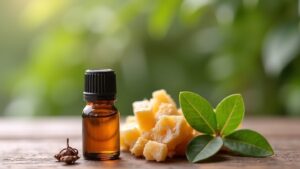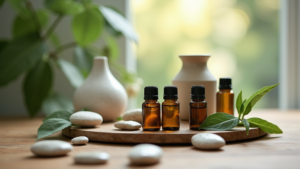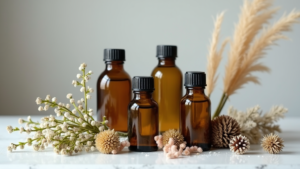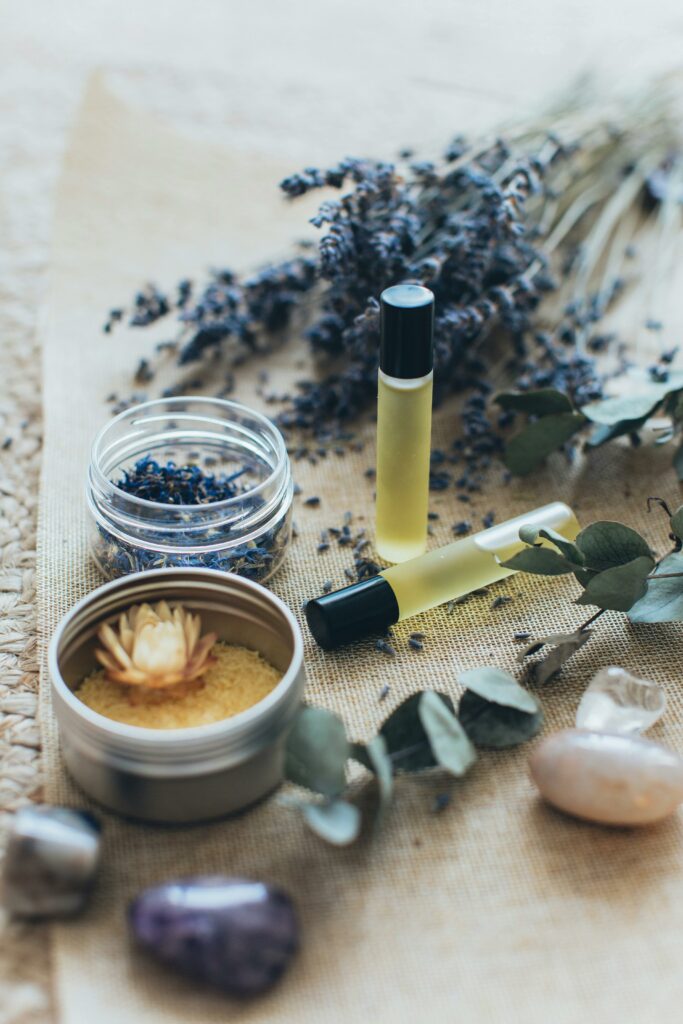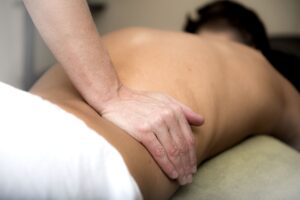Essential oils have become a popular natural approach for stress relief and relaxation. I’ve found that these aromatic plant extracts can create a calming environment at home or work. This guide will walk you through how to use essential oils effectively to help ease tension and improve your overall well-being.
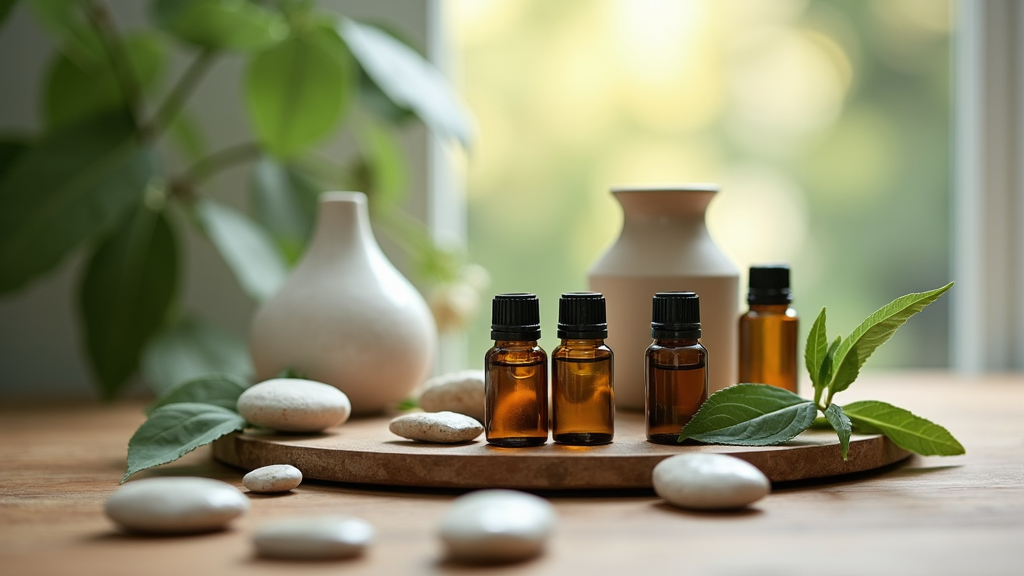
Contents
- 1 Understanding the Benefits of Essential Oils for Relaxation
- 2 Getting Started with Essential Oils
- 3 Key Considerations Before Using Essential Oils
- 4 Advanced Tips and Tricks for Using Essential Oils
- 5 Fundamentals: How to Use Essential Oils Effectively
- 6 Deepening Your Understanding of Aromatherapy
- 7 Frequently Asked Questions
- 8 Wrapping up
- 9 Related Articles
- 10 Click here to shop for Doterra Essential Oil Products
Understanding the Benefits of Essential Oils for Relaxation
Essential oils are concentrated extracts from plants that hold the natural aroma and active compounds of their source. Many people use these oils to promote relaxation and reduce stress. The soothing scents can help calm the mind and create a peaceful atmosphere. I’ve used oils like lavender, chamomile, and sandalwood. These aromas can give a boost to mood, support restful sleep, and ease anxiety naturally.
The popularity of essential oils has steadily grown over recent years. Recent studies suggest that certain oils may help lower cortisol levels, which is the hormone associated with stress. While more scientific research is needed, many users continue to report the benefits of aromatherapy. For anyone looking to explore natural stress-relief methods, essential oils are a simple yet effective option.
Understanding the underlying advantages can help you make informed decisions on which oils to incorporate into your daily routine. Whether you choose to diffuse them, apply them topically, or add them to a warm bath, the key is to enjoy the experience and maintain consistency.
Getting Started with Essential Oils
Before getting into essential oils, it’s important to understand the basics of how to use them. One of the most accessible methods is diffusion. Diffusers disperse the oil into the air, allowing you to experience its aroma throughout your space. I’ve found that a few drops of lavender in my diffuser can transform a stressful evening into a calm experience.
When you’re just getting started, look for beginner-friendly diffusers or roll-on applications. Simple tools can help you ease into the practice without feeling overwhelmed. There are also many pre-made blends available that combine essential oils with complementary scents designed to help reduce stress. These blends can be a great option as you explore what works best for you.
Using essential oils responsibly means taking time to understand safe usage. This includes learning about dilution ratios, especially when applying oils to your skin. A carrier oil, such as coconut or jojoba oil, helps minimise potential irritation. Getting comfortable with these basics paves the way for integrating essential oils into your regular stress management routine.
Key Considerations Before Using Essential Oils
While the benefits of essential oils are appealing, there are several factors to consider to ensure you use them safely and effectively. I always check the quality and authenticity of the oils before use. It is very important to purchase from a reputable source to avoid adulterated products that might not deliver the desired effect.
Below are some key points to keep in mind when you’re starting with essential oils:
- Purity and Quality: Look for oils that are 100% pure and have undergone testing for quality. Purity can influence the effectiveness and scent of the oil.
- Dilution Guidelines: Always mix essential oils with a carrier oil before applying them to your skin. This reduces the risk of irritation and ensures a smoother absorption process.
- Potential Allergies: Conduct a small patch test before more widespread use to check for any allergic reactions. This precaution is important, especially if you have sensitive skin.
- Proper Storage: Keep your essential oils in a cool, dark place to maintain their potency. Exposure to heat or light can degrade the quality of the oil over time.
Choosing the Right Oil
Not all essential oils are created equal, and each oil carries its own unique properties. For stress relief and relaxation, some of the most popular options include lavender, bergamot, and chamomile. Lavender is particularly renowned for its calming effects. On the other hand, bergamot offers a citrus note that can help uplift and soothe the mind at the same time.
Dilution and Application
Applying essential oils safely is a key step in your routine. I always use a carrier oil to dilute pure essential oils before skin application. This practice makes the oils gentle enough for massages, applying on pulse points, or even adding to a bath. The typical dilution ratio is about 2-3 drops of essential oil per teaspoon of carrier oil. This ensures the oil’s benefits without overwhelming the senses or causing irritation.
Quality and Sourcing
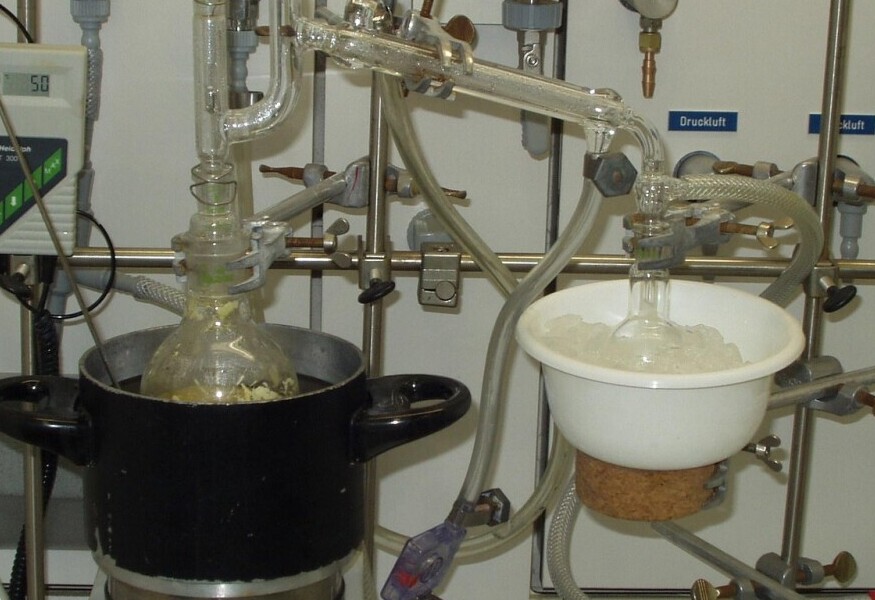
Another important consideration is where your oils come from. Reputable sources will provide details about the plant’s origin and the method of extraction. Cold-pressed and steam-distilled methods are common techniques that preserve the oil’s natural properties. Familiarise yourself with these techniques so you can choose oils that best suit your needs while reflecting quality production practices.
Advanced Tips and Tricks for Using Essential Oils
Once you have a handle on the basics, you might consider exploring more advanced ways to incorporate essential oils into your stress relief routine. Blending oils can create effects where the combination of scents works better than each one individually. Experiment with different recipes to find the blend that resonates most with you.
Using essential oils along with mindfulness practices can amplify their calming effects. For example, I like to diffuse a blend of peppermint and eucalyptus during meditation sessions, which seems to clear my mind and deepen my focus. Combining aromatherapy with mindful breathing and gentle stretching can step up relaxation and support a balanced mental state.
Another advanced tip is to use topical applications and massage. Diluted essential oils are excellent for adding a soothing element to a massage. This method not only relaxes the muscles but can also calm your overall nervous system. As you get more accustomed to different oils and their effects, you may find creative ways to mix them together into your self-care rituals.
Experimentation is key when it comes to more advanced usage. Consider keeping a journal to track how different oils or blends make you feel during various activities. This diary can help refine your approach and tailor your essential oil use to match your daily stress levels. Over time, adjusting your blends and application methods will naturally lead to a personalised routine that works best for you.
Fundamentals: How to Use Essential Oils Effectively
Understanding the basics of applying essential oils is essential for maximising their benefits. Diffusion, topical application, and even inhalation through steam are common methods for experiencing their aromatic effects. One straightforward way is to use an ultrasonic diffuser that disperses the oil and water mixture into the air. The gentle mist fills the room with calming scents, offering a welcoming retreat from daily stress.
Topical application is another avenue to consider, especially when your focus is on deep relaxation or soothing localised tension. I like to mix a couple of drops of lavender oil with a small amount of a carrier oil and gently massage it onto my temples or wrists. This method provides both physical and mental comfort. However, it’s important to avoid sensitive areas such as the eyes and to always test a small area of skin first.
Sometimes, adding a few drops of essential oil to a warm bath can transform the experience. The steam helps disperse the aroma, while the warm water relaxes the muscles. Many find this method especially beneficial before bedtime, as it prepares the body and mind for rest.
For those days when you need a quick pick-me-up, inhalation done directly from the bottle or on a cotton ball can work well. This method is discreet and helps provide immediate relief when you’re on the go. The overall key is to choose a method that feels natural and fits smoothly into your routine, ensuring that stress relief can be a consistent part of your day.
Deepening Your Understanding of Aromatherapy
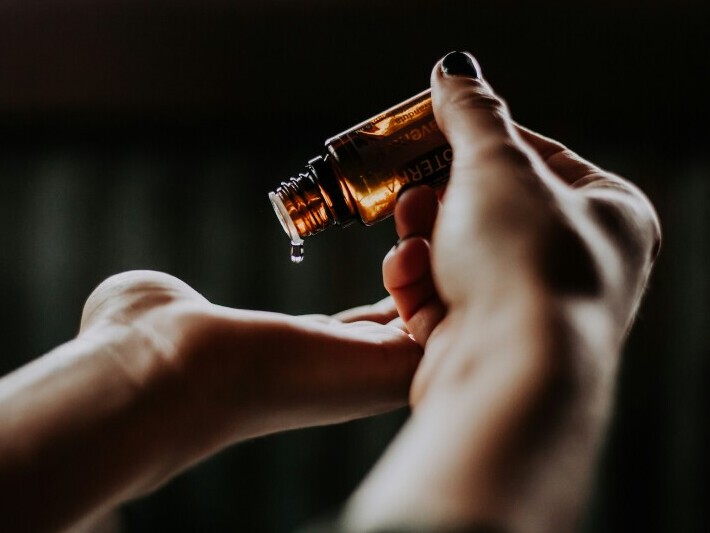
To give you a broader perspective, it’s helpful to look into the historical and cultural roots of aromatherapy. Many ancient civilisations recognised the power of essential oils. They used these natural extracts not only for relaxation but also for healing and spiritual practices. Modern science is catching up only recently, and while we continue to learn more about these oils, their long history suggests there is something genuinely beneficial about their use.
Integrating essential oils into your daily routine can become a creative and rewarding hobby. You might mix your own unique blends, adjust concentration levels, or even experiment with seasonal combinations that suit the mood of the time. Taking the extra step to research different botanicals and their therapeutic properties can really open up a new level of self-care. This all-in-one approach not only nurtures your body but also helps in reducing everyday stress.
Moreover, many people find that a dedicated aromatherapy regimen can help maintain mental clarity and emotional balance throughout the day. Whether it’s the morning ritual of diffusing a refreshing blend or the nighttime routine of enjoying a peaceful aroma in a warm bath, these small practices gradually turn into a lifestyle that supports overall well-being.
Frequently Asked Questions
I often get questions about using essential oils for stress relief. Here are some of the queries I’ve encountered, along with my thoughts:
Question: How do I choose an essential oil blend for stress relief?
Answer: Look for blends that incorporate oils like lavender, chamomile, or bergamot. These oils have long been associated with calming effects. It’s also helpful to start with a commercially prepared blend from a reputable brand until you get comfortable experimenting.
Question: Can essential oils replace traditional stress management techniques?
Answer: Essential oils can be a valuable addition to stress management, but they work best alongside other healthy practices like exercise, good sleep habits, and mindfulness techniques. They offer natural support rather than a complete solution on their own.
Question: Are there any risks to using essential oils for relaxation?
Answer: When used correctly, essential oils are generally safe. However, they must be diluted before topical use to avoid irritation. It’s wise to consult with a healthcare professional if you have any concerns, especially if you’re pregnant or have existing health conditions.
Question: How often should I use essential oils to make them effective?
Answer: There’s no strict rule on frequency. Many people use essential oils daily as part of their self-care routine, while others may use them only when they feel particularly stressed. Listening to your body is important.
Wrapping up
Essential oils present a natural and enjoyable method to ease stress and promote relaxation. Whether you choose to diffuse them in your living space, apply them topically after proper dilution, or incorporate them into your bath routines, these oils can offer a refreshing break from the demands of everyday life. I have found that a well-rounded approach combining different methods helps maintain a sense of calm throughout the day.
Using essential oils isn’t about following strict rules. It is about exploring what feels right for you. By experimenting with various methods and paying attention to how your body reacts, you can adapt your routine to best suit your personal needs. With careful attention to quality and safe practices, you can create a relaxation routine that truly supports your well-being.
By integrating essential oils into your daily habits, you open up new possibilities for self-care and stress management. Whether it’s a quiet evening with a diffuser filling the room with a soothing scent or a refreshing moment of inhalation during a busy day, the benefits can be both calming and transformative. Keep exploring, stay mindful, and allow nature’s aroma to play its part in your stress relief adventure. Over time, you might even find that these natural extracts not only relax your mind but also boost your overall outlook on life, unlocking a greater sense of inner peace and joy.
This guide has aimed to give you a detailed look at how to use essential oils safely and effectively. The extra research you do on each oil, combined with practical experience, will ensure that you get the most out of your aromatherapy practices. Remember, the journey isn’t just about the aroma; it’s about creating a lifestyle that prioritises well-being and calm. Take your time, experiment with different techniques, and most importantly, enjoy the process of creating your own personal sanctuary.
Related Articles
Click here to shop for Doterra Essential Oil Products

Click here to sign up.


